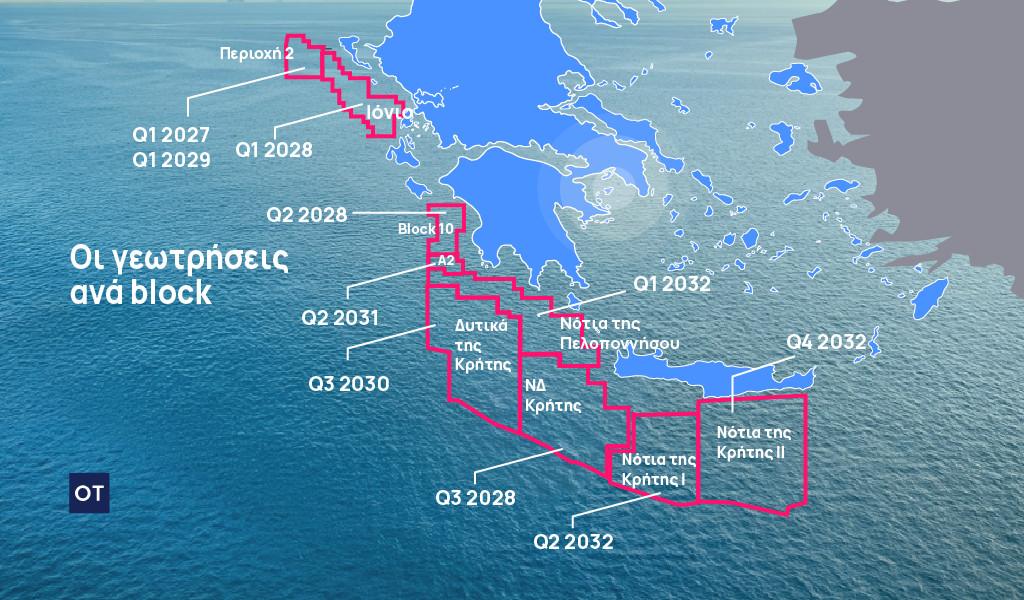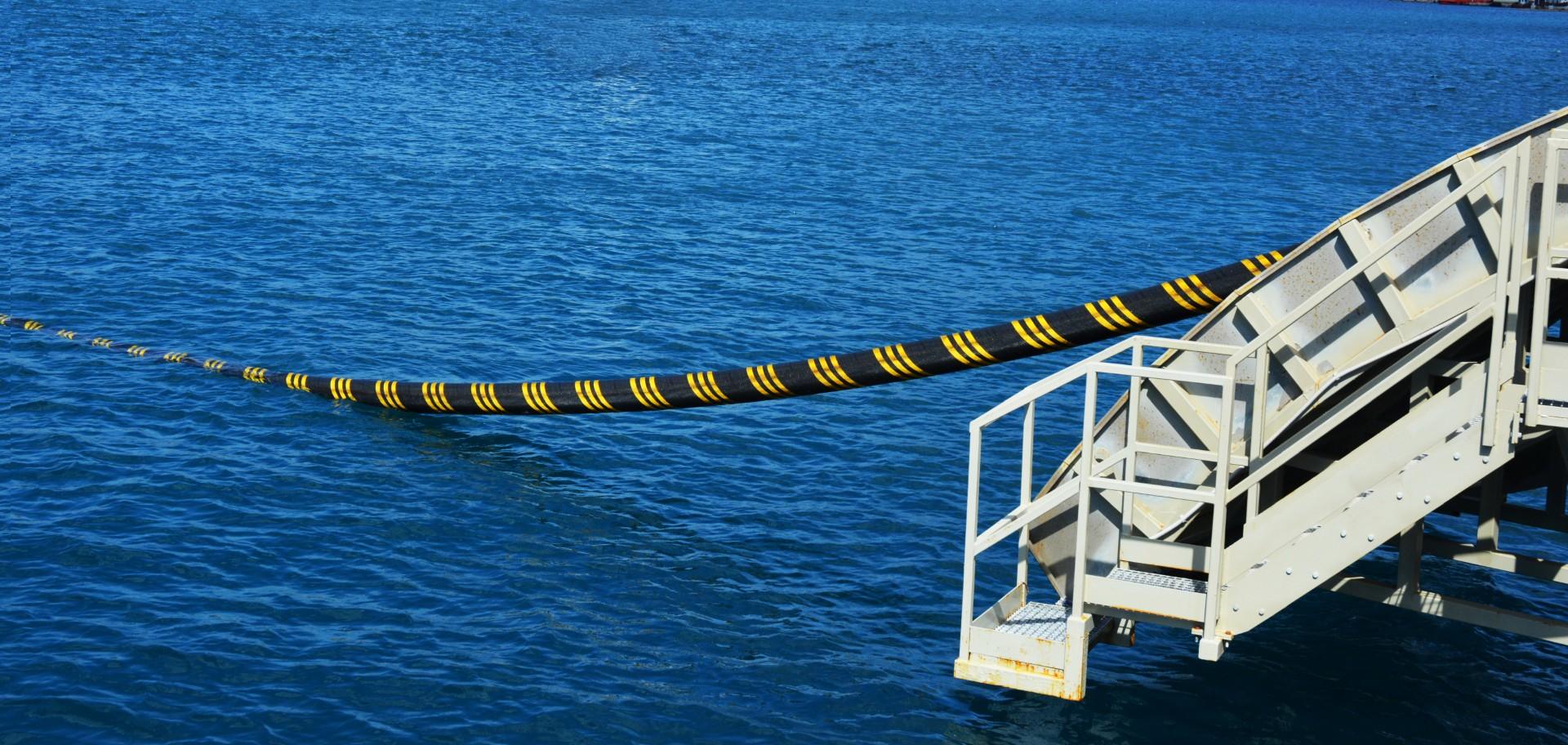Despite Greece’s progress in improving overall corporate tax competitiveness in recent years, the same cannot be said for its tourism sector. High VAT rates on accommodation, the new “Resilience Fee,” and steep non-wage labor costs have made hotel operations increasingly expensive—especially for mid- and high-range properties.
According to a study by INSETE, the research arm of the Greek Tourism Confederation, Greek hotels face heavier taxation than their main competitors in Italy, Spain, Croatia, Turkey, Cyprus, and Portugal. This excessive tax pressure undermines the financial viability of many smaller businesses, particularly in less popular destinations, while compressing the tourism season and forcing higher prices to offset taxes and operating costs.
Disadvantaged Despite Broader Gains
While Greece ranks third overall in corporate tax competitiveness—up from sixth in 2015—its tourism taxation ranks only fifth when focusing on business-related taxes, and fourth when investor taxes are included. This gap highlights that one of Greece’s most dynamic sectors remains overtaxed compared to the rest of the economy.
The analysis shows that Greek hotels’ earnings before taxes, interest, and depreciation (EBITDA) cover just 56.9% of their tax and social contribution expenses, compared to 111.9% in Portugal and 171.1% in Cyprus. To match Cypriot hotel profitability, room rates in Greece would need to be nearly 46% higher.
The Regulatory Cost Trap
Beyond tax rates, Greece also faces the world’s highest business complexity, according to TMF Group’s 2024 global index. Regulatory and compliance costs further erode competitiveness, a weakness echoed by the World Economic Forum, which ranks Greece’s tourism business environment 52nd globally.
The new “Climate Crisis Resilience Fee,” introduced in January 2025 to replace the overnight stay tax, exacerbates disparities between regions. Flat per-night charges, even when adjusted seasonally, hit lower-cost lodgings hardest—especially in destinations with weaker demand—straining local economies and widening the gap between Greece and its Mediterranean rivals.
Source: tovima.com












![Φορολογικές δηλώσεις: Να πάρω «φορολογικό διαζύγιο» ή όχι; [Μέρος 2ο]](https://www.ot.gr/wp-content/uploads/2026/02/efor.jpg)




























